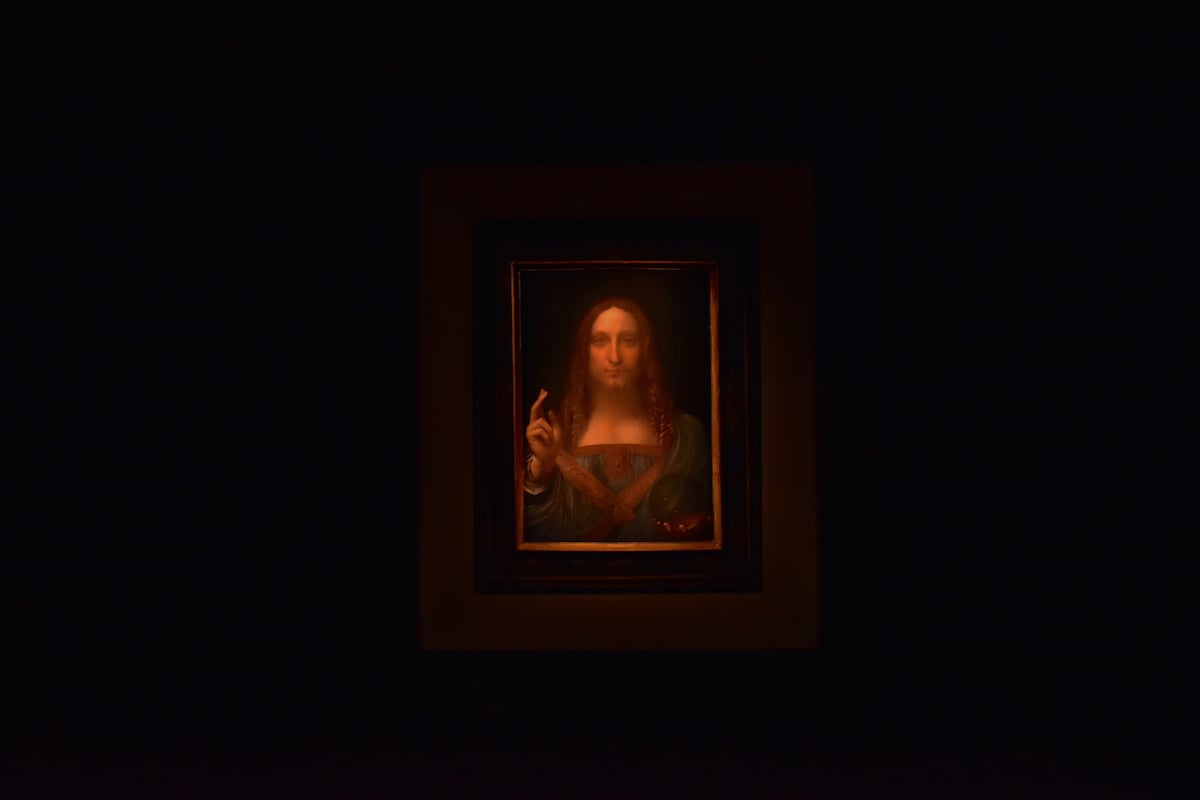
Leonardo da Vinci’s Salvator Mundi just sold at Christie’s for $450.3 million, becoming the most expensive work of art ever sold. But not so long ago, an eagle-eyed buyer purchased it at auction for a mere £45. How did we get from there to here? We’ve compiled a handy timeline of the painting’s history below. You really can’t make this stuff up.
• 1500 – Around this time, Leonardo da Vinci paints Salvator Mundi, likely for King Louis XII of France and Anne of Brittany, shortly after the conquests of Milan and Genoa.
• 1625 – Believed to have been commissioned by the French Royal Family, the painting accompanies Queen Henrietty to England when she marries King Charles I.
• 1651 – King Charles I dies in 1649, and shortly thereafter the canvas is used to settle part of his massive debt. It covers a whopping £30 worth.
• 1763 – After remaining in the Royal family’s collection for years, the painting goes missing—and doesn’t surface again for 150 years.
• Late 19th century – The painting enters the collection of the Virginia-based Sir Frederick Cook.
• 1958 – Salvator Mundi pops up at a Sotheby’s London auction on June 25, 1958. Attributed to Boltraffio, who worked in da Vinci’s studio, it sells for £45 ($72) to someone named “Kuntz.”
• 2005 – The canvas surfaces again at an American estate sale. New York art dealer Alexander Parish purchases it for another bargain price of $10,000.
• 2013 – Having authenticated the work as a bona fide Leonardo, Parish and a consortium of fellow dealers sell it to “freeport king” Yves Bouvier in a private Sotheby’s sale for a cool $75 million–80 million. Later that year, Bouvier turns around and sells it for $127.5 million to the Russian billionaire Dmitry Rybolovlev.
• 2017 – Rybolovlev puts the painting up for sale at Christie’s. It fetches $450.3 million.